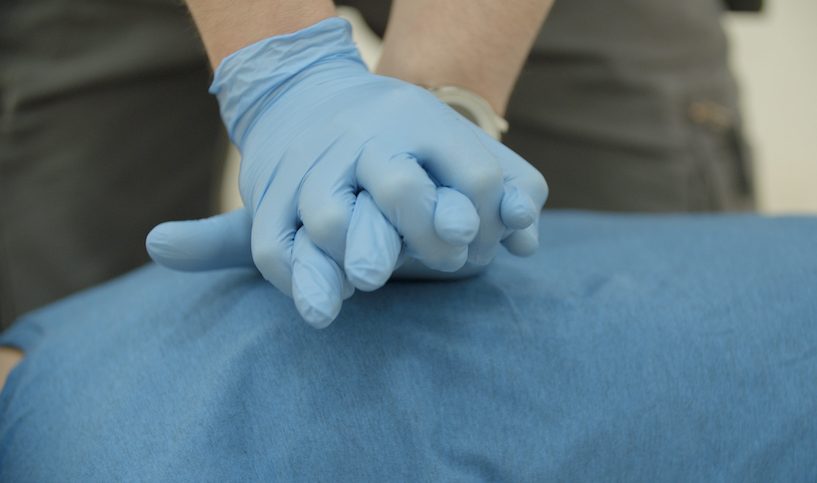by Colin J Brown
It’s been an interesting summer, I thought as I applied direct pressure to a friend’s head wound. The gash across his forehead was bleeding profusely, but there was no deformation to his skull. We’d called 112 for an ambulance, and now we were waiting. Believe me, the Ministry of Health ambulances and crews are very good. They’re fully trained, fully equipped and fully manned with a driver and two paramedics. So we waited with confidence, reassuring my friend even though he didn’t seem to be responding, and keeping everything calm.
We waited about 15 minutes, about the same as in the US or the UK. The ambulance crew were superb. They assessed the patient and began to treat him. One of the paramedics turned to me, pointed at the improvised dressing that they’d removed from my friend’s head and asked “You did this?”
“Yes, and here’s my First Aid card if you want it,” and I waited to see if what I had been told was true or not…
You may not know that there’s no “Good Samaritan” Law in Kuwait. For those who are unsure what “Good Samaritan” law is, it is legislation that protects the first aider from being sued. It particularly protects people who give Cardiopulmonary Resuscitation or CPR in the event of a cardiac arrest, or the heart stopping.
According to the American Heart Association (AHA), a person is considered a “Good Samaritan” if the person is trying to help, if the rescuer’s actions are reasonable, and the rescuer does not receive specific compensation for performing CPR or other act of first aid. Surprisingly, no-one has ever been successfully sued for providing CPR in the USA, because even in such a litigious society, the first aider is protected by law. Even more surprisingly for a country without “Good Samaritan” laws, nobody who is trained, certified and in-date has ever been prosecuted for providing first aid assistance in the State of Kuwait. Ever.
The paramedic looked at my card, said, “Thank you.” and carried on with his job.
Why is it important to be trained and certified in first aid if the emergency services in Kuwait are so good? Here are some thoughts.

The ambulance took about 15 minutes to arrive in this case. In discussion with students on first aid courses I’ve conducted, the quickest you can expect an ambulance to arrive is around 10 minutes.
1. A patient with severe arterial bleeding can bleed out in 10 minutes.
2. A person who suffers a cardiac arrest will become less responsive to defibrillation by 10% per minute, according to the International Liaison Committee on Resuscitation (ILCOR), unless CPR is provided to delay tissue death.
3. Without CPR, the patient will almost certainly not be able to be resuscitated after 10 minutes.
What if the patient is a family member or a work colleague, or you’re on holiday? Are you safe to administer aid? Rest assured that your first aid qualification works in the home, at work and in public. Apply your training confidently at all times, as long as you yourself are in a fit state to do so.
Sunday 16th October 2018 is ILCOR’s World Restart A Heart Day, supported by Resuscitation Councils from all over the world. The strapline is “All citizens of the world can save a life!” You can learn how to save a life and how to give first aid. Look for a training provider who is compliant with ILCOR requirements, who provides a course that includes Role of the First Aider, CPR, AED, Recovery Position, Choking, Seizures, Shock and treatment of Minor Injuries, and make sure that trainer will certify you on completion of your course. You can make a difference. You can save a life.
For more information on World Restart a Heart visit www.ilcor.org/wrah. Colin Brown is a security management consultant who has worked throughout the Middle East for the past 15 years specializing in political analysis, crisis management and first aid training. For further enquiries or to book a training session email firstaidmiddleeast@gmail.com or call 6063 5899.
Image courtesy of First Aid Internatlonal Ltd copyright 2014.







